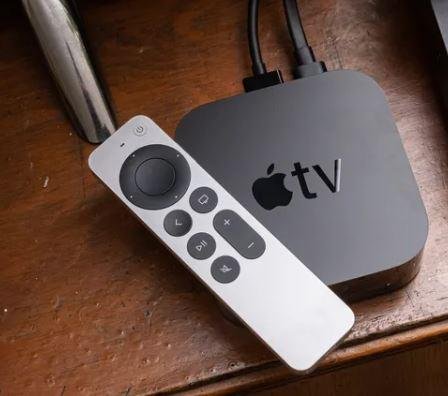The Pros and Cons of Apple’s HomeKit Smart Home Platform
In today's rapidly evolving technological landscape, home automation has emerged as a groundbreaking innovation that has revolutionized the way we interact with our living spaces. Among the various smart home platforms available, Apple HomeKit stands as a prominent player, offering a seamless integration of technology into our daily lives. In this comprehensive review, we delve into the advantages and disadvantages of the Apple HomeKit platform, discussing its compatibility with the Aquara line of products, the role of Homebridge in customization, and the ideal conditions for choosing this platform. A video version of this blog post is available by clicking here.
Don’t forget to visit the Smart Home IQ Trends page for all the latest Smart Home trending topics as well as our Product Review page for our full library of over 200 smart home product reviews broken down by category.
Advantages of Apple HomeKit:
Apple HomeKit boasts an intuitive interface that allows users to effortlessly control a wide array of smart devices within their homes. With its user-friendly app, homeowners can easily manage and monitor their smart devices with just a few taps.
One of the most significant advantages of Apple HomeKit is its seamless integration with other Apple products, such as iPhones, iPads, and Macs. This interconnectivity enhances the user experience by enabling voice commands through Siri, Apple's virtual assistant, and facilitating remote access to devices even when away from home.
Apple's commitment to privacy and security shines through in HomeKit's design. The platform utilizes end-to-end encryption, ensuring that data transferred between devices remains secure and private. This is particularly crucial in an era where data breaches and privacy concerns are prevalent.
Apple HomeKit supports an extensive range of smart devices, from lighting and thermostats to door locks and cameras. This compatibility offers users the flexibility to curate a customized smart home ecosystem that suits their preferences and needs.
For those concerned about home security, HomeKit Secure Video provides encrypted storage for security camera footage directly within the Apple Home app. This feature eliminates the need for third-party cloud storage, offering peace of mind and further enhancing privacy.
Disadvantages of Apple HomeKit:
While Apple HomeKit excels in integration within the Apple ecosystem, it may present challenges for users who have non-Apple smart devices. Compatibility with devices from other brands might be limited, requiring careful consideration before making a switch to the platform.
Investing in the Apple HomeKit ecosystem can be relatively expensive, as Apple-certified devices often come with premium price tags. This might deter cost-conscious consumers from adopting the platform fully.
While the number of compatible devices is increasing steadily, the selection of HomeKit-compatible products might still be smaller compared to other smart home platforms. Users might find that specific niche or specialized devices are not yet available in the HomeKit ecosystem.
To fully utilize the capabilities of Apple HomeKit, a stable and reliable internet connection is essential. Users in areas with inconsistent connectivity might experience disruptions in their smart home experience.
Conditions for Opting for Apple HomeKit:
If you're already entrenched in the Apple ecosystem, including devices like iPhones, iPads, and Macs, choosing Apple HomeKit is a no-brainer. The seamless integration and convenience it offers within this ecosystem are unparalleled.
If you prioritize privacy and security in your smart home setup, Apple HomeKit's robust encryption and commitment to user data protection make it an attractive choice.
Apple HomeKit's user-friendly interface and streamlined management make it an excellent option for homeowners who value ease of use and minimal complexity in their smart home setup.
Compatibility with Aquara Line of Products:
For those considering Apple HomeKit, the compatibility with the Aquara line of products is a noteworthy advantage. Aquara, a brand renowned for its innovative smart home solutions, has seamlessly integrated its products with Apple HomeKit. This means that homeowners can easily control and monitor Aquara devices, such as smart sensors, lighting, and switches, through the Apple Home app. This compatibility expands the options for users looking to build a comprehensive and diversified smart home environment.
Homebridge and Customization:
Apple HomeKit's built-in capabilities can be extended further through the use of Homebridge, a powerful open-source software platform. Homebridge acts as a bridge between non-HomeKit devices and the HomeKit ecosystem, allowing users to integrate a broader range of smart devices, even those not originally designed for HomeKit compatibility. This level of customization empowers users to craft a personalized smart home experience that aligns with their unique preferences and needs.
Conclusion:
In conclusion, the Apple HomeKit smart home platform presents a compelling option for individuals seeking a seamless, secure, and user-friendly way to integrate smart technology into their homes. While it boasts numerous advantages, including its compatibility with the Aquara line of products and the potential for customization through Homebridge, it's important to weigh these benefits against the platform's limitations. As long as you're within the Apple ecosystem, value privacy and security, and prioritize ease of use, Apple HomeKit could be the ideal solution to transform your living space into a truly smart home


